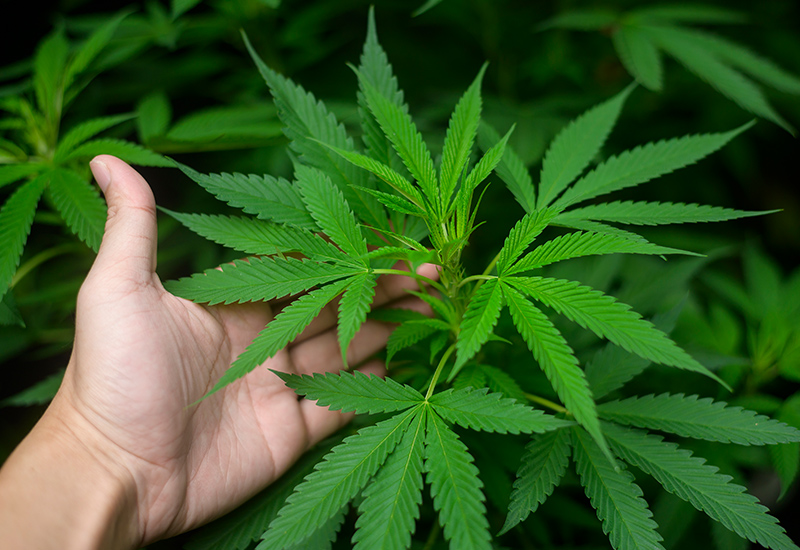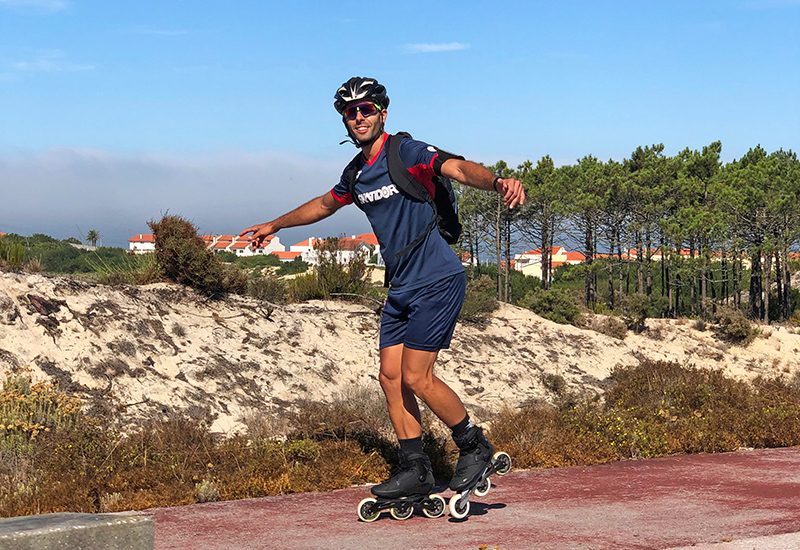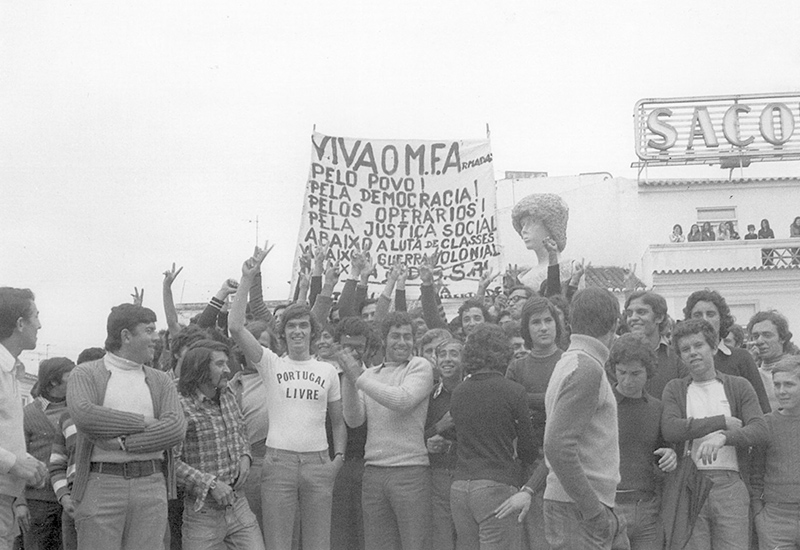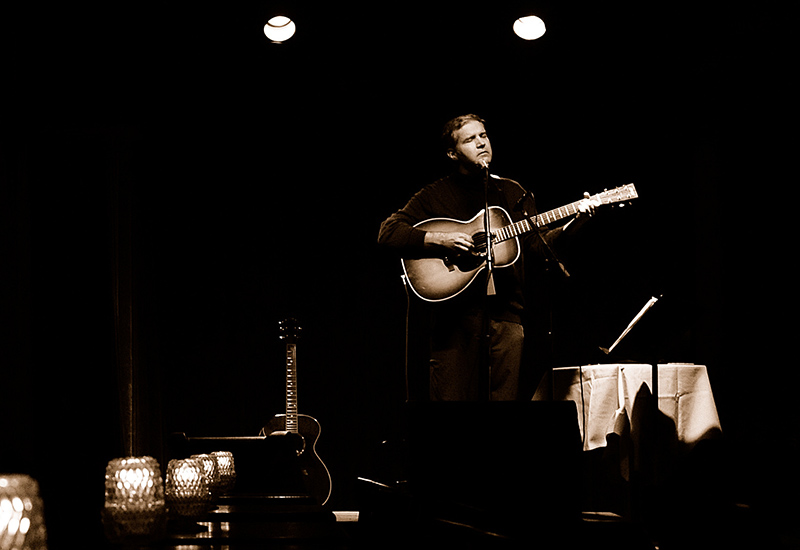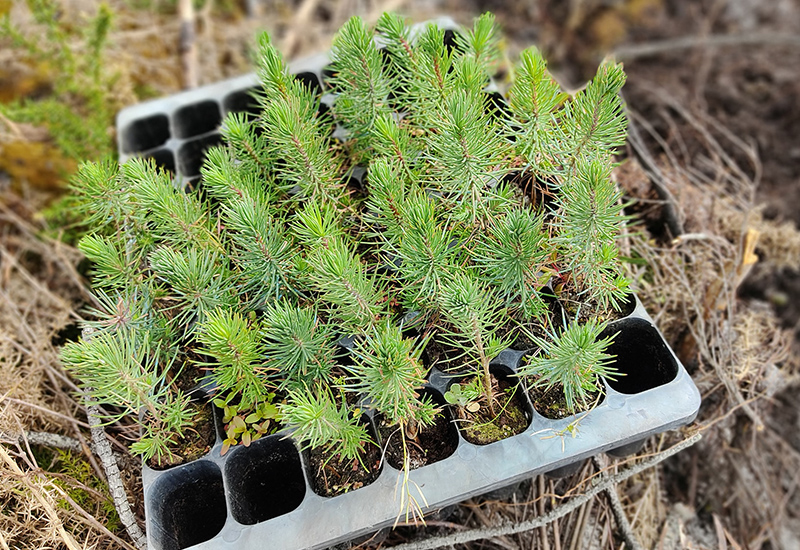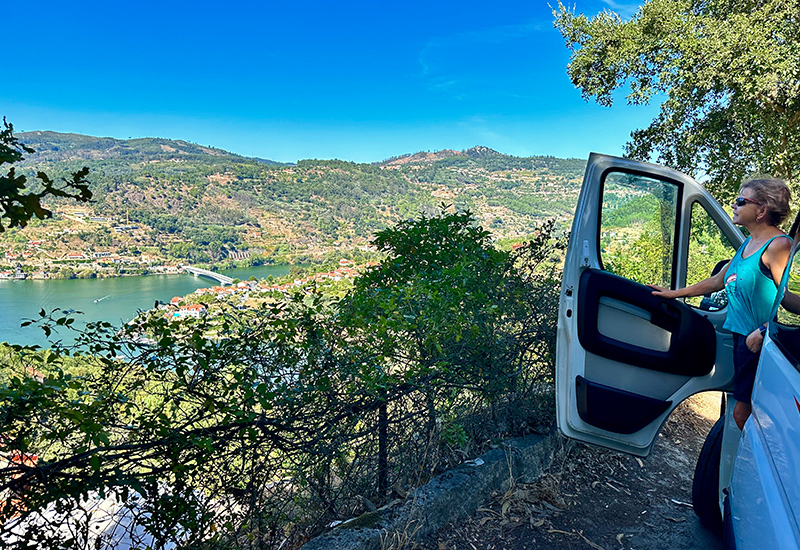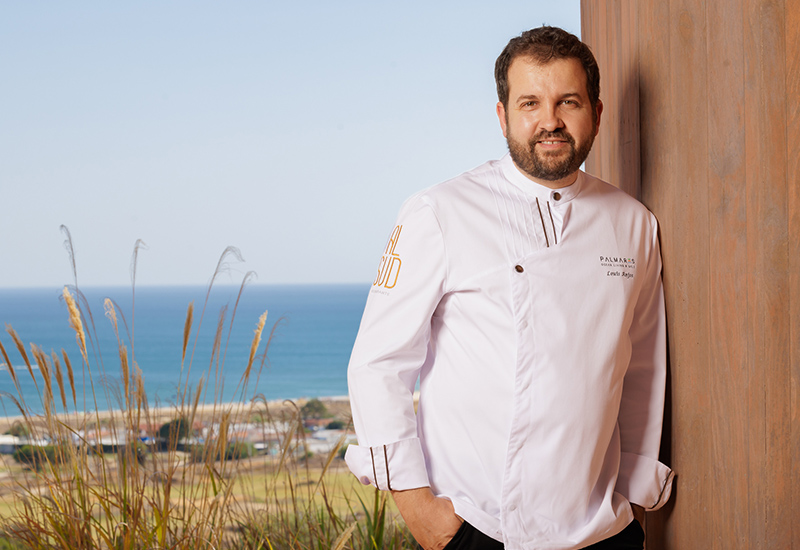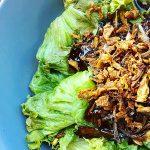You may have seen them in Lagos, Portimão and elsewhere in the Algarve. Bright, shiny new stores, seemingly offering an array of cannabis-related products. But where have they come from and exactly what’s available? Vaughan Willmore went to find out more.
It was there in the middle of the high street: the Cannabis Store Amsterdam. I knew Portugal had earned plaudits for its seemingly relaxed approach to the use of recreational drugs, but surely this was taking things to another level.
I’ve never smoked Cannabis. I’ve never smoked anything. I have a longstanding aversion to nicotine and related products. Nevertheless, the prospect of experiencing a ‘high’ has always intrigued me, hence my visit to my local Cannabis Store Amsterdam, in Olhão.
There are seven Cannabis Store Amsterdams in the Algarve, two of which are run on a franchise basis by 25-year-old Ramon Jacinto. Ramon explained, “I finished my degree in business management in 2019 at Universidade do Algarve, Faro. Later that same year, I went on vacation to Palma de Mallorca and I spotted similar stores to Cannabis Store Amsterdam. I returned from vacation and in October 2019, I opened the store in Faro. A year after that, I opened the one in Olhão.”
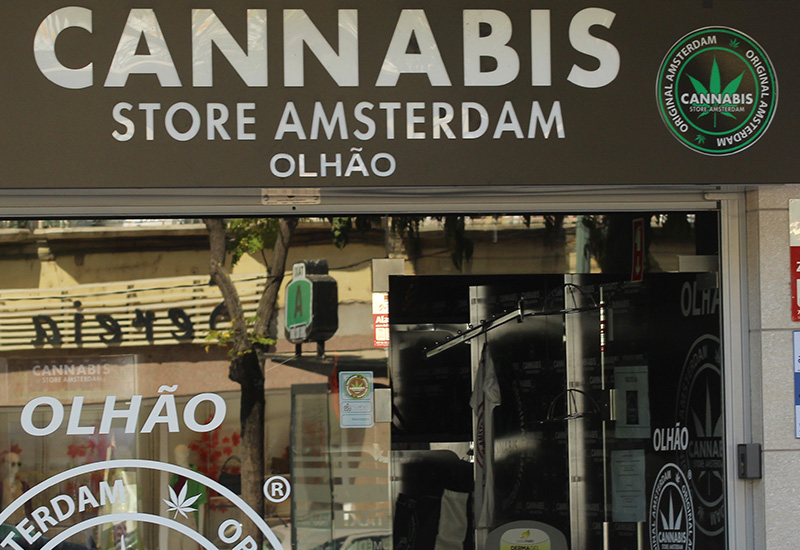
So what do the stores offer? All the stores sell cannabidiol (CBD) related products.
Ramon explained, “We stock an extensive range of products. We have branded merchandising, clothes and accessories such as backpacks. We have edibles and drinks, cookies, lollipops, soft drinks and beer. We also have smoking accessories such as shrouds, filters, pipes and grinders, and many souvenirs and cosmetics.”
A report by Harvard Medical School indicates that CBD could help with insomnia, reduce anxiety, and help alleviate pains and inflammations caused by arthritis. It might also help lower cravings for nicotine and other harmful substances. The World Health Organisation reports that “In humans, CBD exhibits no effects indicative of any abuse or dependence potential…. To date, there is no evidence of public health-related problems associated with the use of pure CBD.”
Ramon told me that a small percentage of customers visit the stores hoping they can buy products that will give them the high typically associated with cannabis. Tetrahydrocannabinol, is the psychoactive ingredient found in marijuana that produces a high, but that would be illegal.
So what are the chances of the THC-orientated version of Cannabis being legalised here in Portugal?
It’s not beyond the realms of possibility, particularly given that high-profile figures such as the former Secretary General of the United Nations, Kofi Annan, are key advocates for reform. Writing under the headline ‘Lift the Ban! Why It’s Time To Legalise Drugs’. He states that “drugs have destroyed many lives, but wrong government policies have destroyed many more.”
In Portugal, as recently as July 2018, legislation was signed into law to allow for the medicinal use of cannabis and its dispensation at pharmacies. Only last year, parliament debated two draft laws aimed at legalising cannabis for non-medical personal use. In the meantime, if you decide to give CBD a try, please buy it from a reputable source and if you’re already taking medication, speak with your doctor beforehand to make sure it won’t adversely impact the medication.
They also have a store in Lagos. Here’s the address: Rua Candido dos Reis, nº 62 8600-681 Lagos
Cannabis is made up of more than 120 components, known as cannabinoids. Experts still aren’t 100% sure what each cannabinoid does, but they have a pretty good understanding of two of them, namely cannabidiol (CBD) and tetrahydrocannabinol (THC). CBD is non-intoxicating and non-euphoric, meaning it won’t get you high. Researchers are still trying to fully understand the effectiveness of CBD’s medical use, but it is widely reported to help ease a whole range of ailments. THC is the main psychoactive compound and is responsible for the “high” that most people associate with cannabis. Beyond a certain minimal amount, it is illegal in Portugal unless prescribed by a doctor.
Portugal has a reputation for adopting a ‘liberal’ approach to the use of recreational drugs and occasionally, people mistakenly refer to them as being legalised. But Portugal has not legalised them; rather, it has decriminalised them, or at least when used for recreational purposes. In 2000, Portugal introduced Drug Law 30/2000, which decriminalised all drugs. This meant the policing of drugs moved from being drug enforement, to an administrative role, more orientated towards treatment rather than imprisonment.
